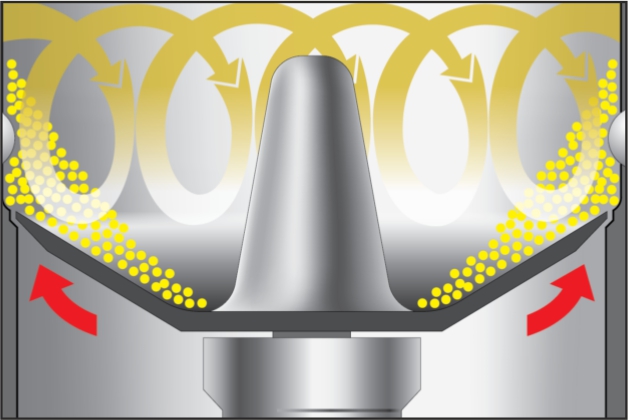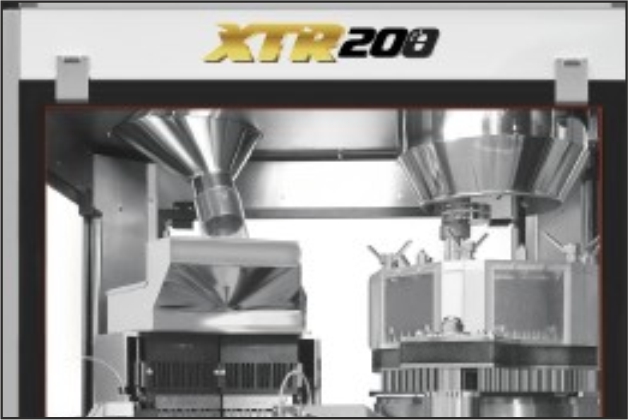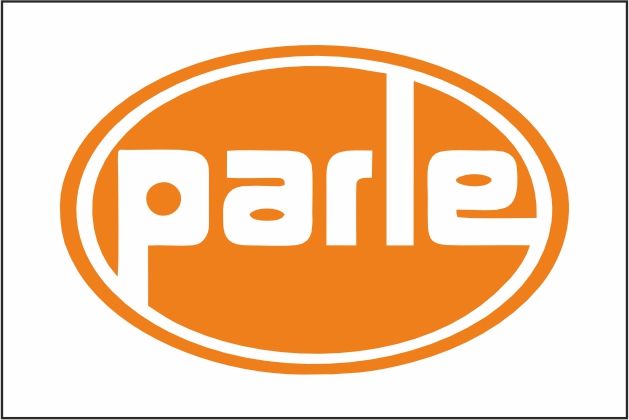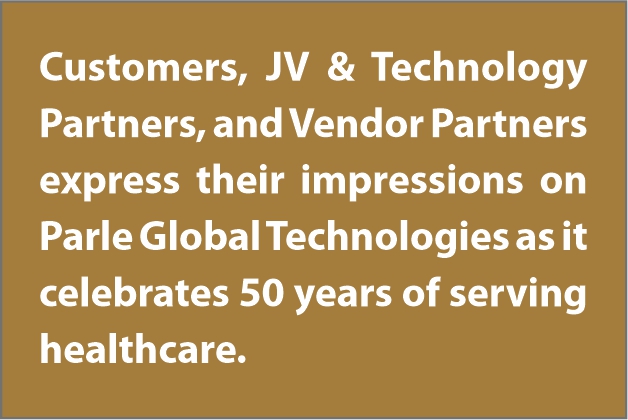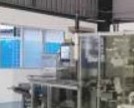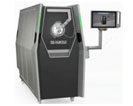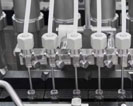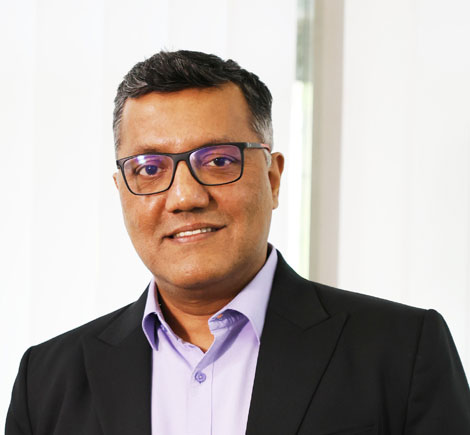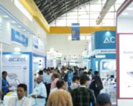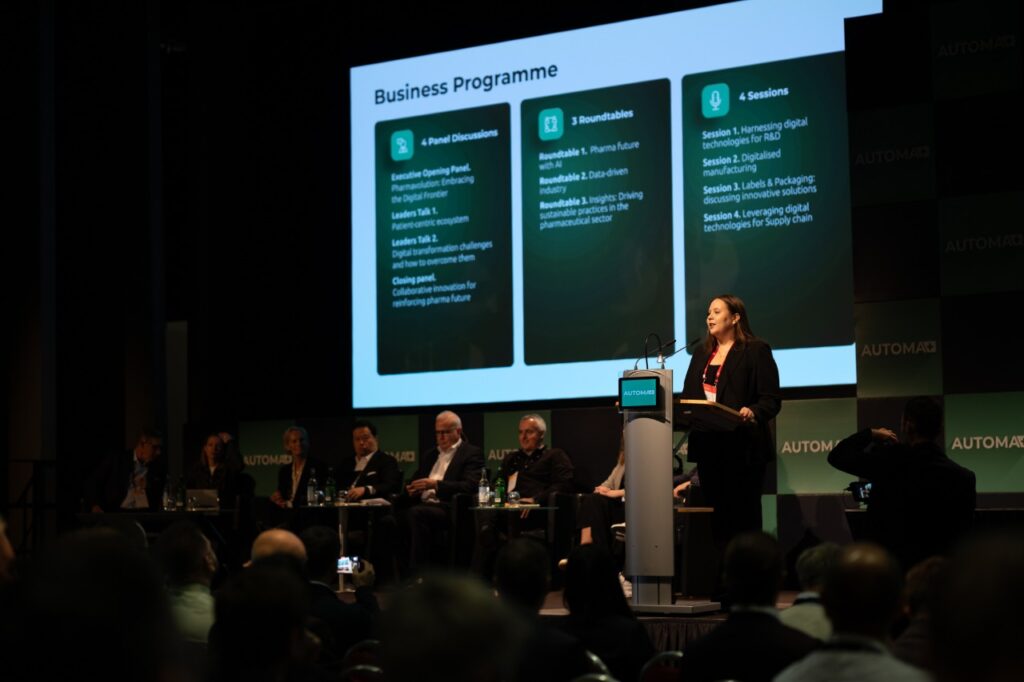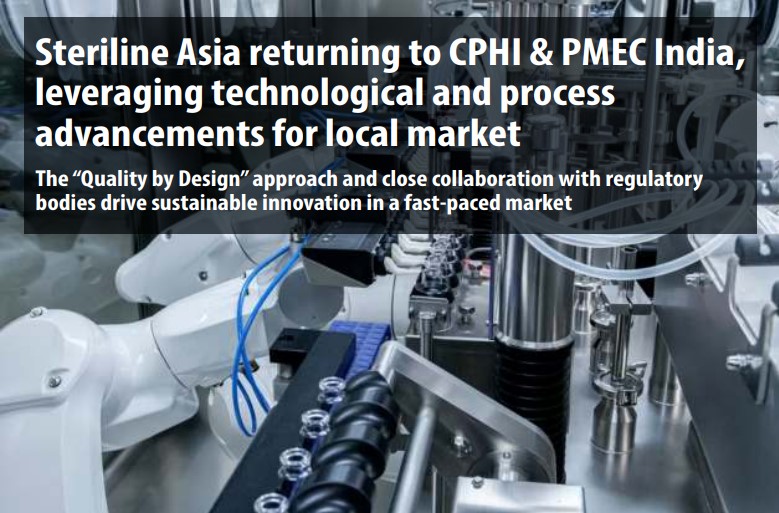
Steriline Asia, the Indian subsidiary of Steriline (the well-known European manufacturer of aseptic processing solutions for liquid and injectable drugs), will proudly attend CPHI & PMEC India, which will be held in Delhi from 26th to 28th November 2024. Visitors will meet both the Indian team and the colleagues from Steriline headquarters at booth 10.D23, where they will learn about the company’s latest technological and process advancements, developed with a strong focus on sustainability and with the mission to make medicines more accessible and efficient.
Steriline is dedicated to developing equipment that not only meets the needs of today’s pharmaceutical industry but also contributes to a more sustainable future for the pharmaceutical industry. Its strategy can be summed up in “Quality by Design” (QbD), a systematic approach to pharmaceutical development and manufacturing that emphasises the importance of understanding and controlling processes from the outset. This ensures that the final product meets predefined criteria, building quality into the product rather than relying solely on end-product testing.
“The Quality by Design approach is essential for responding effectively and innovatively to the growing needs of the pharmaceutical market,” states Mr Federico Fumagalli, Chief Sales Officer of Steriline. “It allows us to understand and control every stage of the production process, ensuring that quality is built into the product from the outset and fully meets regulatory expectations. This approach enables us to offer our customers not only continuous quality improvement, but also greater efficiency, waste reduction and the ability to quickly adapt to the challenges the market faces, making us more competitive and reliable.”
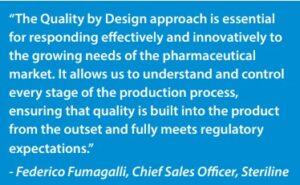 To develop new technologies, it is crucial to ensure there is collaboration at engineering level between the company and regulatory bodies. Through regular consultations and feedback loops, Steriline’s technologies evolve in line with both regulatory expectations and industry best practices. This close collaboration drives innovation, particularly in areas such as sterility and containment, ensuring that the new solutions are efficient and compliant with the latest regulatory requirements but, at the same time, they are also cost-effective.
To develop new technologies, it is crucial to ensure there is collaboration at engineering level between the company and regulatory bodies. Through regular consultations and feedback loops, Steriline’s technologies evolve in line with both regulatory expectations and industry best practices. This close collaboration drives innovation, particularly in areas such as sterility and containment, ensuring that the new solutions are efficient and compliant with the latest regulatory requirements but, at the same time, they are also cost-effective.
Currently, to meet the needs of today’s pharmaceutical industry via sustainable production, the Steriline portfolio is split into two areas, one featuring advanced robotic technology and one with more traditional mechanical machines. The robotic solutions are ideal for high-value-added products requiring maximum flexibility and zero waste, while the mechanical machines are suited for large-scale and high-speed production.
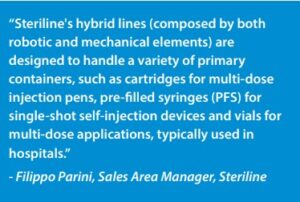 However, the market is always in turmoil and its needs are constantly changing. “The flexibility of production lines takes on a significant strategic value for drug manufacturers,” states Filippo Parini, Sales Area Manager of Steriline. “Taking into consideration a trend observed in recent years – a notable increase in demand for self-injection devices – Steriline’s hybrid lines (composed by both robotic and mechanical elements) are designed to handle a variety of primary containers, such as cartridges for multi-dose injection pens, pre-filled syringes (PFS) for single-shot self-injection devices and vials for multi-dose applications, typically used in hospitals.”
However, the market is always in turmoil and its needs are constantly changing. “The flexibility of production lines takes on a significant strategic value for drug manufacturers,” states Filippo Parini, Sales Area Manager of Steriline. “Taking into consideration a trend observed in recent years – a notable increase in demand for self-injection devices – Steriline’s hybrid lines (composed by both robotic and mechanical elements) are designed to handle a variety of primary containers, such as cartridges for multi-dose injection pens, pre-filled syringes (PFS) for single-shot self-injection devices and vials for multi-dose applications, typically used in hospitals.”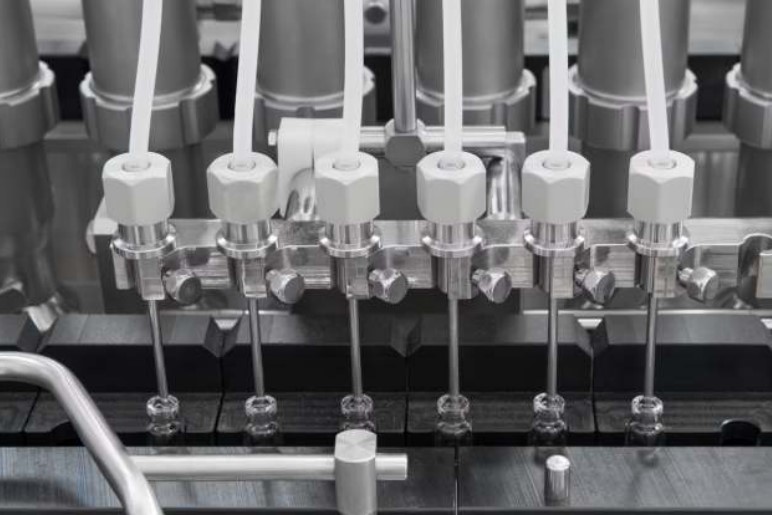
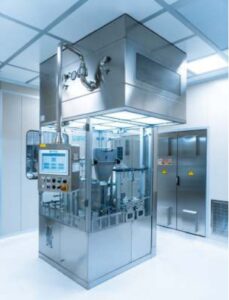 This flexibility offers significant advantages:
This flexibility offers significant advantages:
Versatility and Adaptability: Lines that can process both Ready-to-Use (RTU) containers in nests and glassware in bulk allow manufacturers to choose the type most suitable for their production needs.
Time and Cost Savings: By using a common platform for various container types, format changeover times are reduced and efficiency optimised, leading to lower production costs and increased overall capacity.
Compliance and Safety: Advanced technologies ensure compliance with Good Manufacturing Practice (GMP) regulations, guaranteeing the safety of the filling and packaging process for sensitive medications, such as the ones used to manage blood glucose levels in people with Type 2 diabetes (GLP-1 agonists).
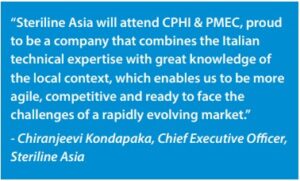 Support for Product Customisation: Steriline’s solutions cater to diverse market segments, enabling customers to tailor product presentations to end-consumer preferences, whether they are patients preferring pre-filled syringes for self-injection or vials for higher dosages.
Support for Product Customisation: Steriline’s solutions cater to diverse market segments, enabling customers to tailor product presentations to end-consumer preferences, whether they are patients preferring pre-filled syringes for self-injection or vials for higher dosages.
“Steriline Asia will attend CPHI & PMEC, proud to be a company that combines the excellence and quality of Steriline’s technologies with a deep understanding of the local Indian market,” declares Mr Chiranjeevi Kondapaka, Chief Executive Officer of Steriline Asia. “This combination allows us to develop innovative solutions that not only meet the highest international standards but are also perfectly aligned with the specific needs of our market. The mix of Italian technical expertise with great knowledge of the local context enables us to be more agile, competitive and ready to face the challenges of a rapidly evolving market.”
About Steriline
Steriline is a well-established European manufacturer, highly specialised in the production of complete lines for the aseptic processing of injectable products, supplying pharmaceutical companies worldwide.
Steriline was founded in 1989 in the Lake Como area (Italy), where its headquarters and manufacturing facilities are still based. With operations in over 50 countries around the world, Steriline has a network of about 400 people, including direct employees and external partners, in addition to 40 local sales representatives. Exports represent more than 90% of Steriline’s turnover, with over 2,000 machines installed throughout Asia, Europe and the U.S.A.
Steriline develops, manufactures and supplies a comprehensive range of solutions, including both mechanical and robotic applications for aseptic processing. These applications are consistent with vials, ampoules, cartridges and syringes and can handle toxic or non-toxic products in both liquid and powder form. Steriline’s complete lines include equipment ranging from washing machines, depyrogenation tunnels, filling and capping machines, to external decontamination machines and barrier systems such as LAF, oRABS, cRABS and isolators. For more information about Steriline, visit: www.steriline.it
Parle Exclusive
Articles
A Lean Approach, by Navdeep Singh Kathuria
To mitigate Regulatory Challenges in Aseptic Manufacturing, by Dr. Subrata Chakraborty
Thoughts on Sustainability Drives by Prabir K Das




